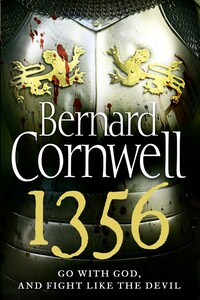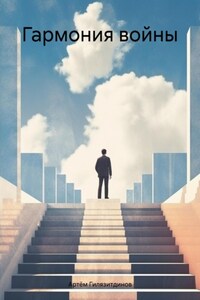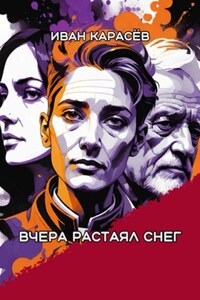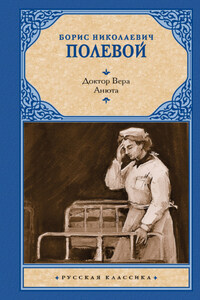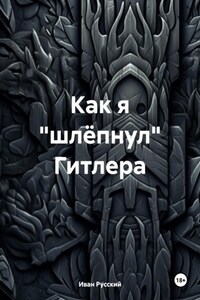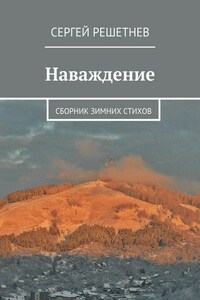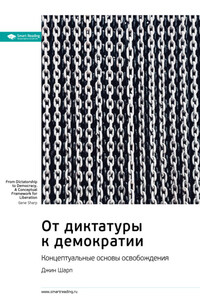Published by HarperCollinsPublishers Ltd
1 London Bridge Street
London SE1 9GF
www.harpercollins.co.uk
First published by HarperCollinsPublishers 2012
Copyright © Bernard Cornwell 2012
Maps © John Gilkes 2012
Bernard Cornwell asserts the moral right to be identified as the author of this work
A catalogue record for this book is available from the British Library
This novel is entirely a work of fiction. The names, characters and incidents portrayed in it, while at times based on historical figures, are the work of the author’s imagination.
All rights reserved under International and Pan-American Copyright Conventions. By payment of the required fees, you have been granted the non-exclusive, non-transferable right to access and read the text of this e-book on-screen. No part of this text may be reproduced, transmitted, down-loaded, decompiled, reverse engineered, or stored in or introduced into any information storage and retrieval system, in any form or by any means, whether electronic or mechanical, now known or hereinafter invented, without the express written permission of HarperCollins.
Source ISBN: 9780007331864
Ebook Edition © 2013 ISBN: 9780007510900
Version: 2018-04-20
‘The English are riding, no-one knows where.’
Warning sent in fourteenth-century France, quoted in
A Fool and His Money by Ann Wroe
He was late.
Now it was dark and he had no lantern, but the city’s flames gave a lurid glow that reached deep into the church and gave just enough light to show the stone slabs in the deep crypt where the man struck at the floor with an iron crow.
He was attacking a stone incised with a crest that showed a goblet wreathed by a buckled belt on which was written Calix Meus Inebrians. Sun rays carved into the granite gave the impression of light radiating from the cup. The carving and inscription were worn smooth by time, and the man had taken little notice of them, though he did notice the cries from the alleyways around the small church. It was a night of fire and suffering, so much screaming that it smothered the noise as he struck the stone flags at the edge of the slab to chip a small space into which he could thrust the long crow. He rammed the iron bar down, then froze as he heard laughter and footsteps in the church above. He shrank behind an archway just before two men came down into the crypt. They carried a flaming torch that lit the long, arched space and showed that there was no easy plunder in sight. The crypt’s altar was plain stone with nothing but a wooden cross for decoration, not even a candlestick, and one of the men said something in a strange language, the other laughed, and both climbed back to the nave where the flames from the streets lit the painted walls and the desecrated altars.
The man with the iron crow was cloaked and hooded in black. Beneath the heavy cloak he wore a white robe that was smeared with dirt, and the robe was girdled with a three-knotted cord. He was a Black Friar, a Dominican, though on this night that promised no protection from the army that ravaged Carcassonne. He was tall and strong, and before he had taken his vows he had been a man-at-arms. He had known how to thrust a lance, cut with a sword, or kill with an axe. He had been called Sire Ferdinand de Rodez, but now he was simply Fra Ferdinand. Once he had worn mail and plate, he had ridden in tournaments and slaughtered in battle, but for fifteen years he had been a friar and had prayed each day for his sins to be forgiven. He was old now, almost sixty, though still broad in the shoulders. He had walked to reach this city, but the rains had slowed his journey by flooding the rivers and making fords impassable and that was why he was late. Late and tired. He rammed the crow beneath the carved slab and heaved again, fearing that the iron would bend before the stone yielded, then suddenly there was a coarse grating sound and the granite lifted and then slid sideways to offer a small gap into the space beneath.
The space was dark because the devil’s flamelight from the burning city could not reach into the grave, and so the friar knelt by the dark hole and groped. He discovered wood and so he thrust the crow down again. One blow, two blows, and the wood splintered, and he prayed there was no lead coffin inside the timber casket. He thrust the crow a last time, then reached down and pulled pieces of splintered wood out of the hole.
There was no lead coffin. His fingers, reaching far down into the tomb, found cloth that crumbled when he touched it. Then he felt bones. His fingers explored a dry eye-hole, loose teeth, and discovered the curve of a rib. He lay down so he could stretch his arm deeper and he groped in the grave’s blackness and found something solid that was not bone. But it was not what he sought; it was the wrong shape. It was a crucifix. Voices were suddenly loud in the church above. A man laughed and a woman sobbed. The friar lay motionless, listening and praying. For a moment he despaired, thinking that the object he sought was not in the tomb, but then he reached as far as he could and his fingers touched something wrapped in a fine cloth that did not crumble. He fumbled in the dark, caught hold of the cloth, and tugged. Some object was wrapped inside the fine cloth, something heavy, and he inched it towards him, then caught proper hold of it and drew the object free of the bone hands that had been clutching it. He pulled the thing from the tomb and stood. He did not need to unwrap it. He knew he had found
